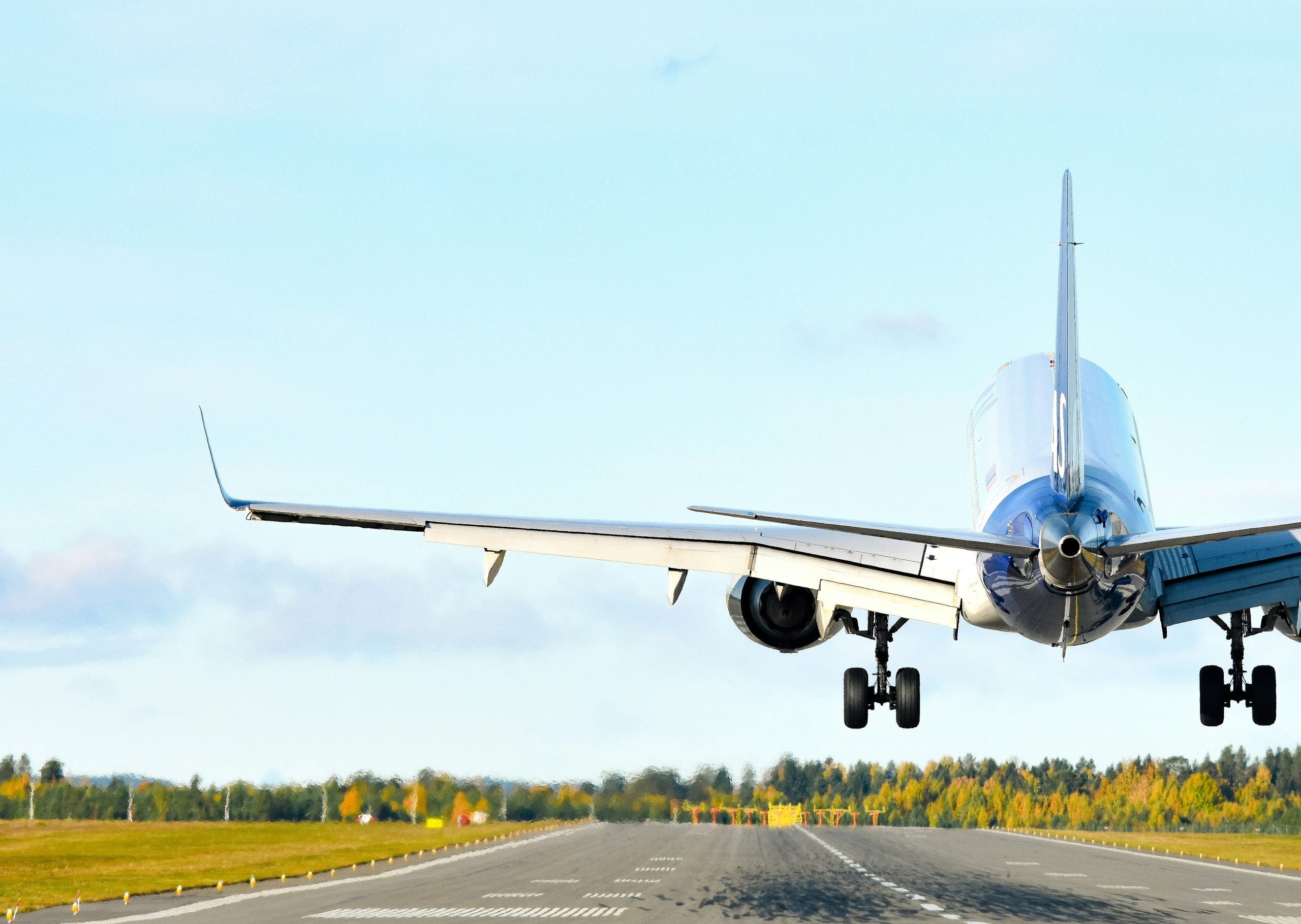The Increasing Role of Biofuels in Aviation Fleets
The aviation industry is constantly evolving, with advancements in technology and a growing demand for sustainable solutions. One major development in the industry is the increased use of biofuels in aviation fleets. Biofuels, also known as sustainable aviation fuels (SAF), are renewable alternatives to traditional fossil fuels and have been gaining traction in recent years. In this article, we will explore the growing role of biofuels in aviation fleets and their impact on the industry.
The Need for Sustainable Aviation Fuels
The aviation industry has been under fire for its significant carbon footprint and contribution to greenhouse gas emissions. In fact, it is estimated that aviation accounts for 2% of global carbon emissions. This has led to increased pressure for the industry to find more sustainable solutions to power its fleets.
In response to this, airlines and aircraft manufacturers are looking towards sustainable aviation fuels as a viable option. Unlike fossil fuels, biofuels are made from organic matter such as plant-based materials, agricultural waste, and even recycled cooking oil. This means they have a much lower carbon footprint than traditional jet fuel and emit significantly fewer harmful emissions.
The Rise of Biofuels in Aviation Fleets
The use of biofuels in aviation fleets has been steadily increasing in recent years. In 2008, the first commercial flight using biofuel took place when a Virgin Atlantic Boeing 747 flew from London to Amsterdam. Since then, there have been numerous successful biofuel flights by major airlines, including United Airlines and Qantas.
In 2018, the International Air Transport Association (IATA) committed to achieving net-zero carbon emissions by 2050. As part of this commitment, many airlines have set ambitious targets to increase their use of biofuels in their fleet. For example, KLM aims to use 14% sustainable aviation fuel on its flights in Amsterdam by 2023, while Cathay Pacific plans to achieve carbon-neutral growth by 2020 through the use of biofuels.
The Benefits of Biofuels in Aviation Fleets
Biofuels offer a number of benefits for the aviation industry. Apart from being more environmentally friendly, they also have energy security benefits. As biofuels are made from renewable sources, they are not subject to price fluctuations or shortages like traditional jet fuel.
Moreover, biofuels have a higher energy density than traditional jet fuel, meaning that they can produce more energy per unit of weight. This is particularly beneficial for long-haul flights that require more fuel to cover longer distances. Additionally, biofuels have been found to improve fuel efficiency and reduce engine wear, resulting in cost savings for airlines.
Challenges and Limitations
While the use of biofuels in aviation fleets has its advantages, there are still some challenges and limitations that need to be addressed. One major challenge is the production costs of biofuels, which are currently higher than traditional jet fuel. This is due to the limited production capacity and infrastructure for biofuel production.
Moreover, there is a concern that the use of biofuels for aviation may impact food production and result in deforestation if not managed properly. To mitigate these challenges, there is a need for governments and policymakers to provide incentives and support for the development of biofuel production facilities.
The Future of Biofuels in Aviation
The future looks bright for biofuels in aviation. With the growing demand for sustainable solutions, it is expected that the use of biofuels in aviation fleets will continue to increase in the coming years. Some experts predict that biofuel could make up 30% of aviation fuel by 2030.
New technologies and innovations are also being developed to improve the production and efficiency of biofuels, making them more cost-effective and accessible for airlines. In addition, collaborations between airlines, manufacturers, and biofuel producers are increasing, leading to the development of new sustainable aviation fuels and making them a more viable option for the industry.
Conclusion
In conclusion, biofuels are playing an increasingly important role in aviation fleets. They offer a sustainable solution to reducing the industry’s carbon footprint and can provide a range of benefits, such as improved efficiency and energy security. While there are still challenges to overcome, the future of biofuels in aviation looks promising, and they are set to become a significant part of the industry’s journey towards sustainability.










